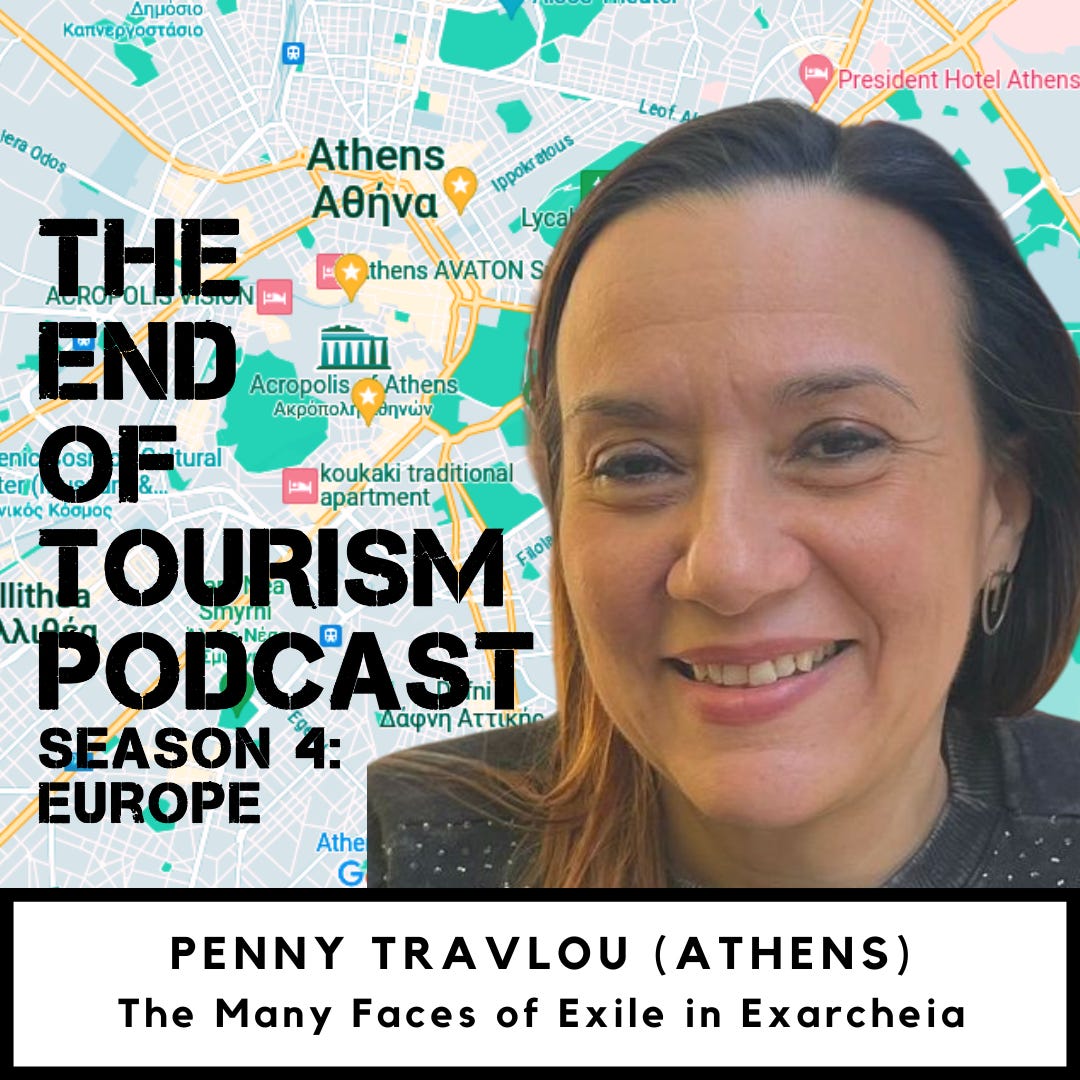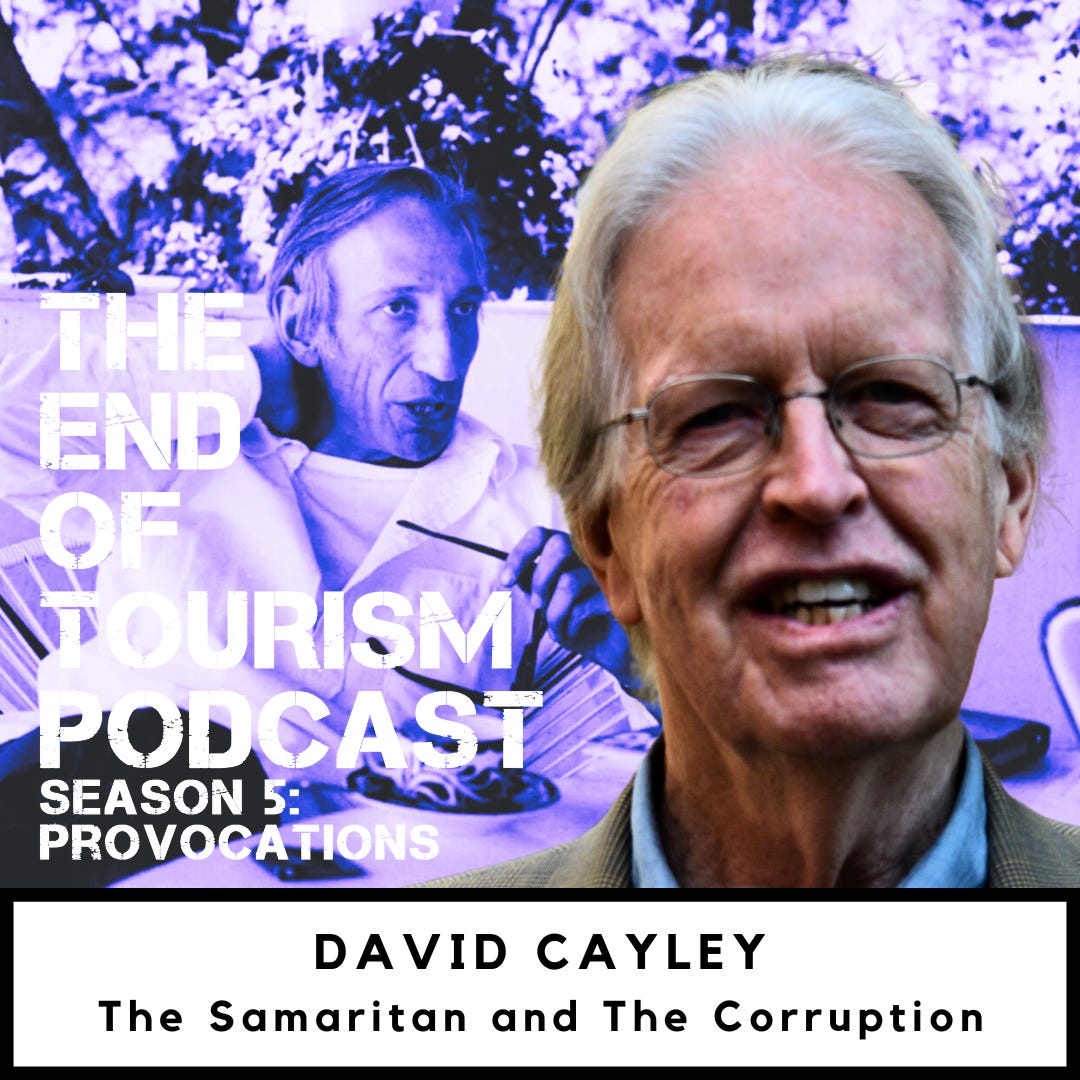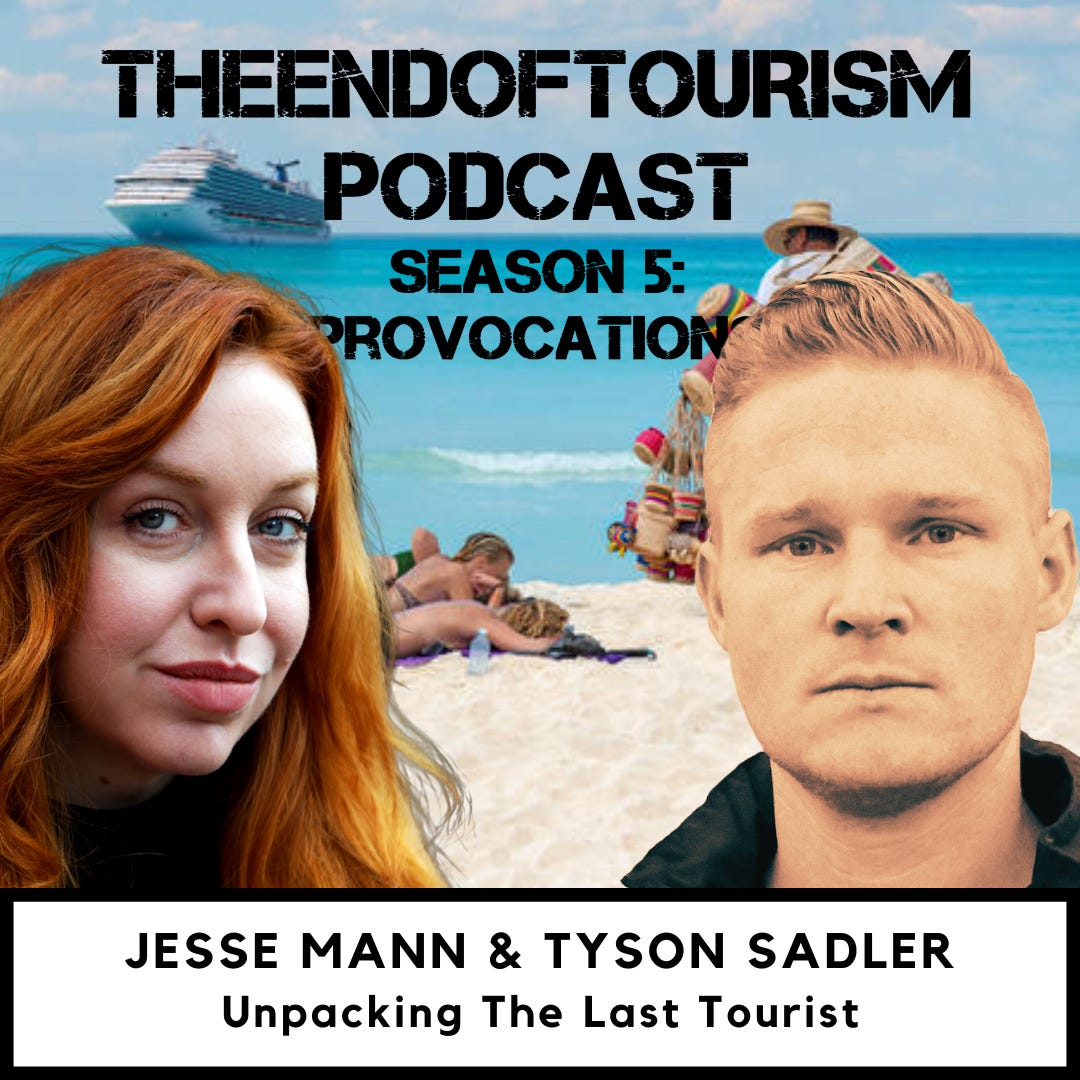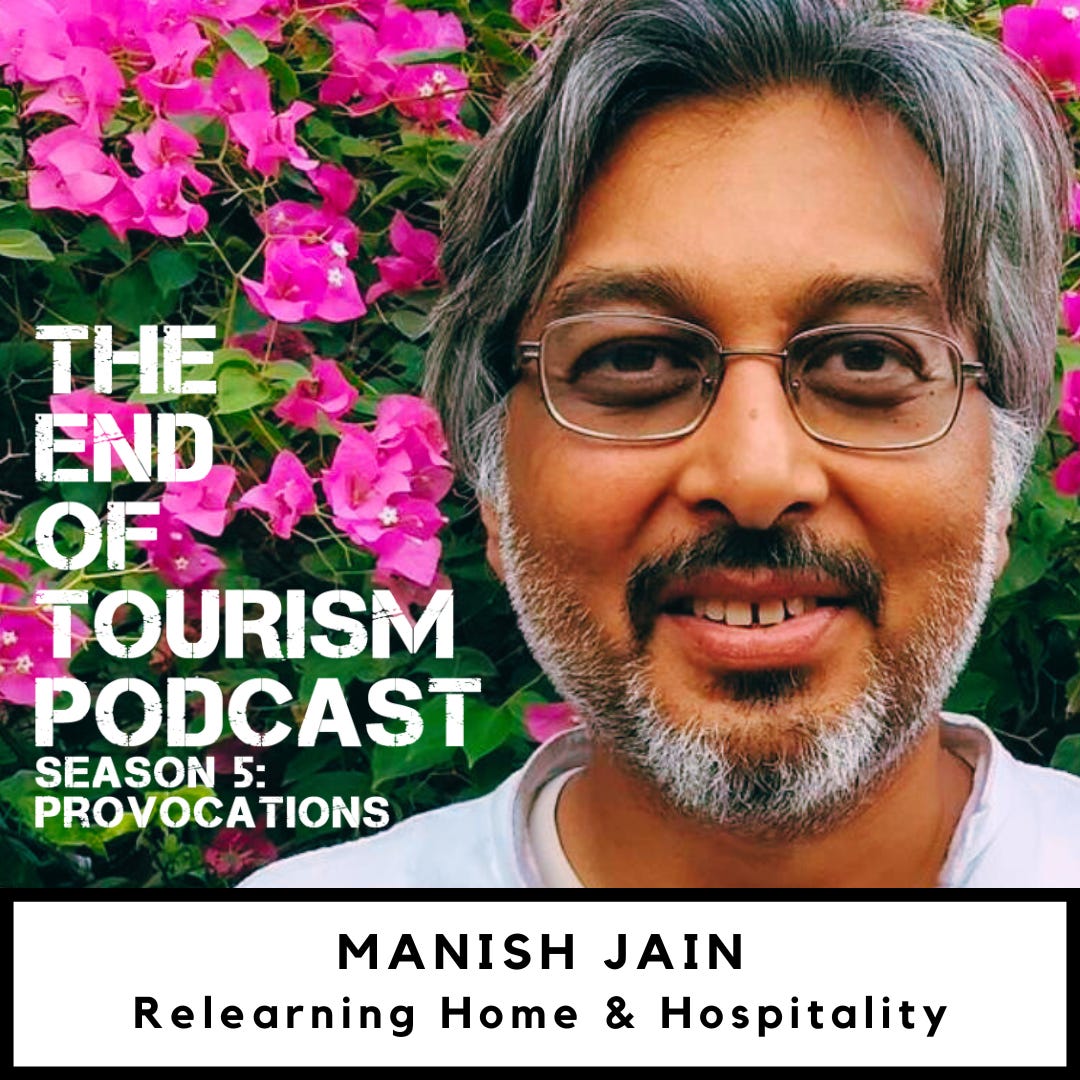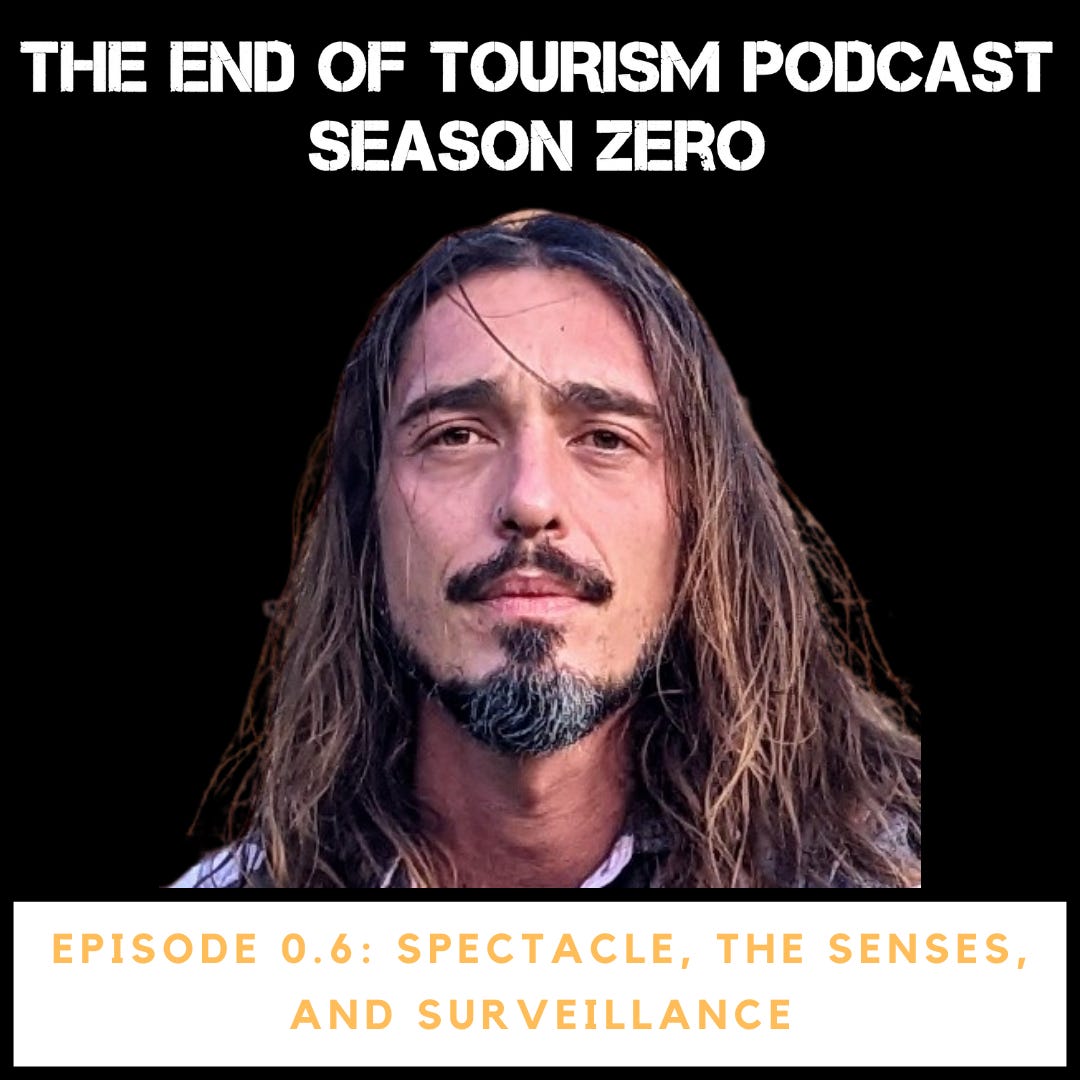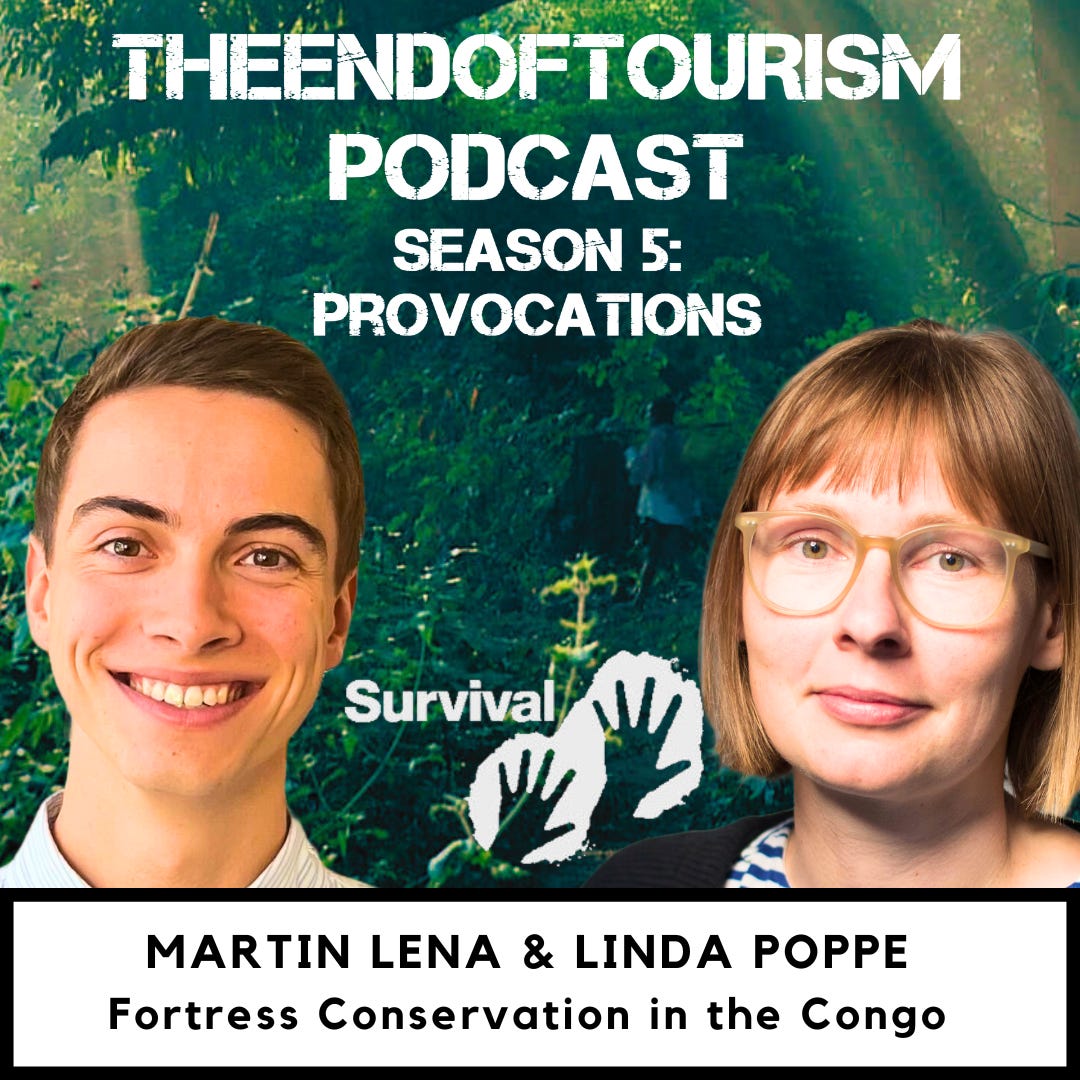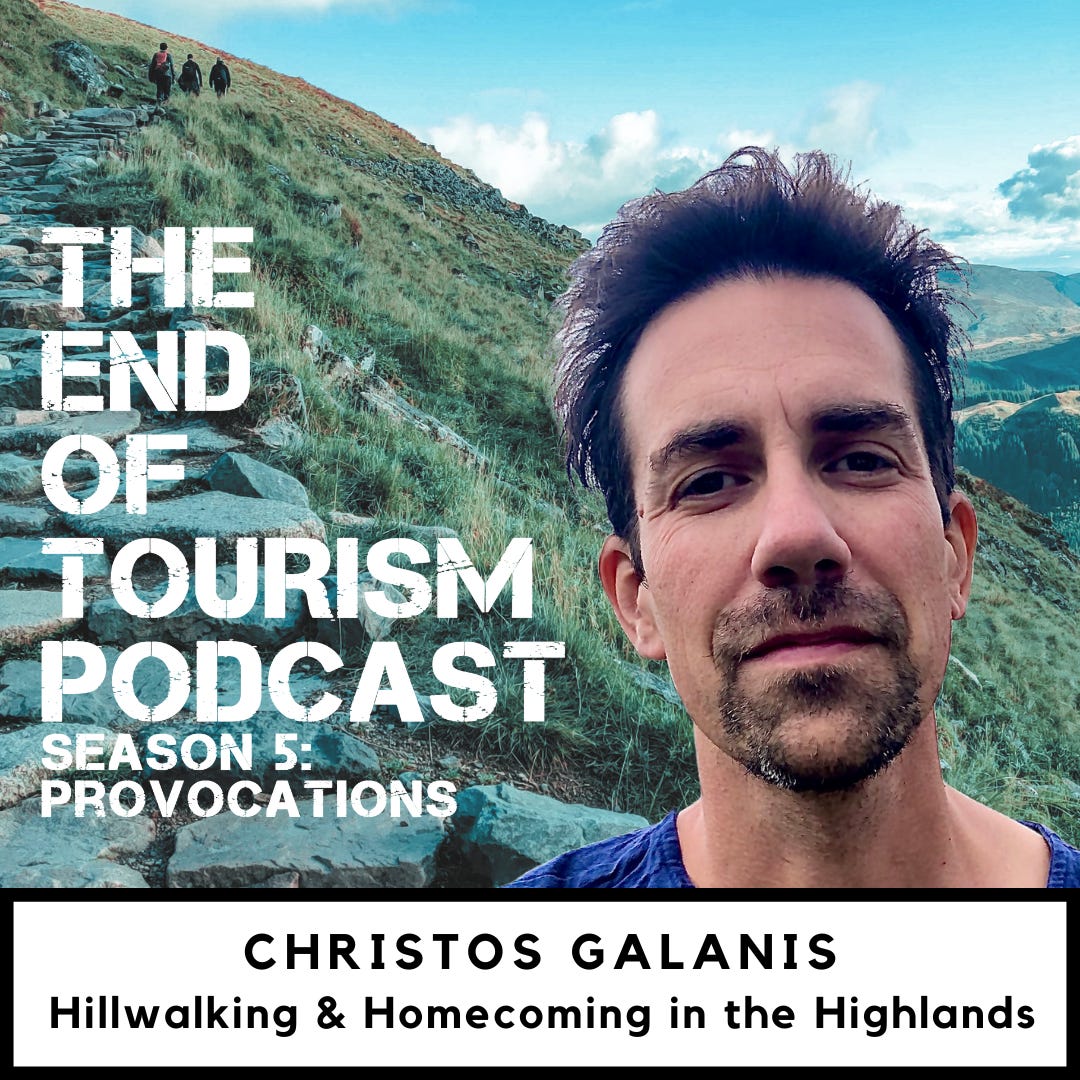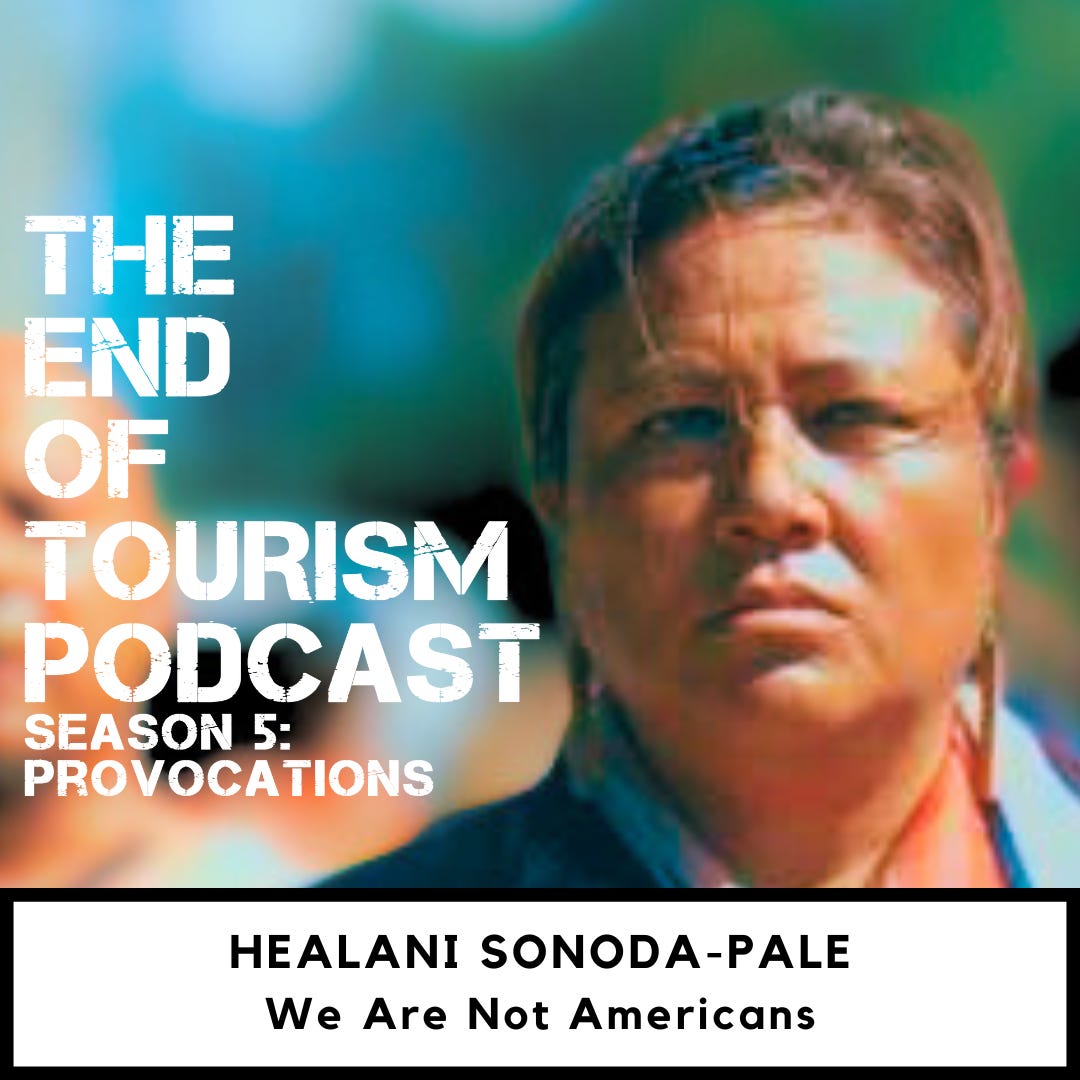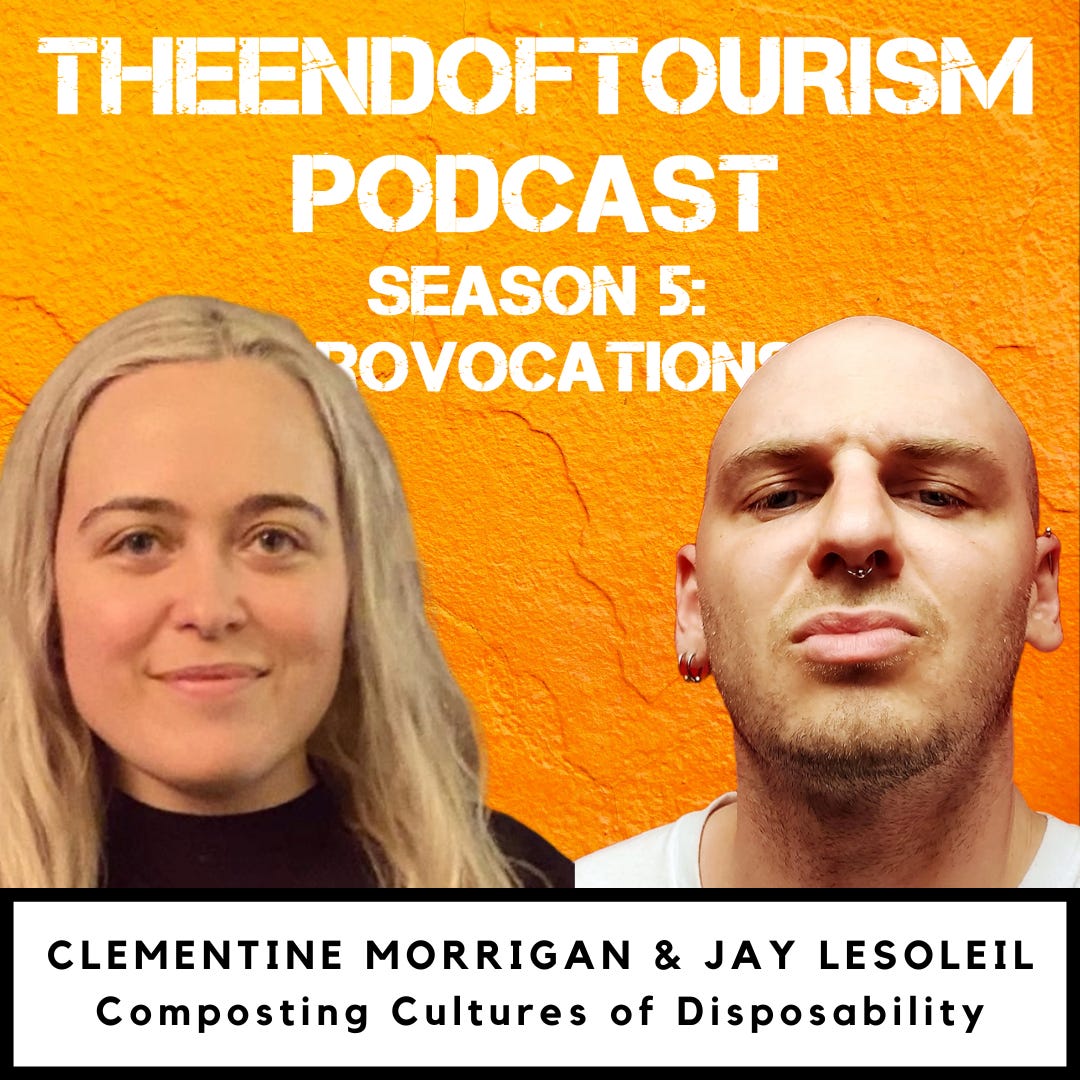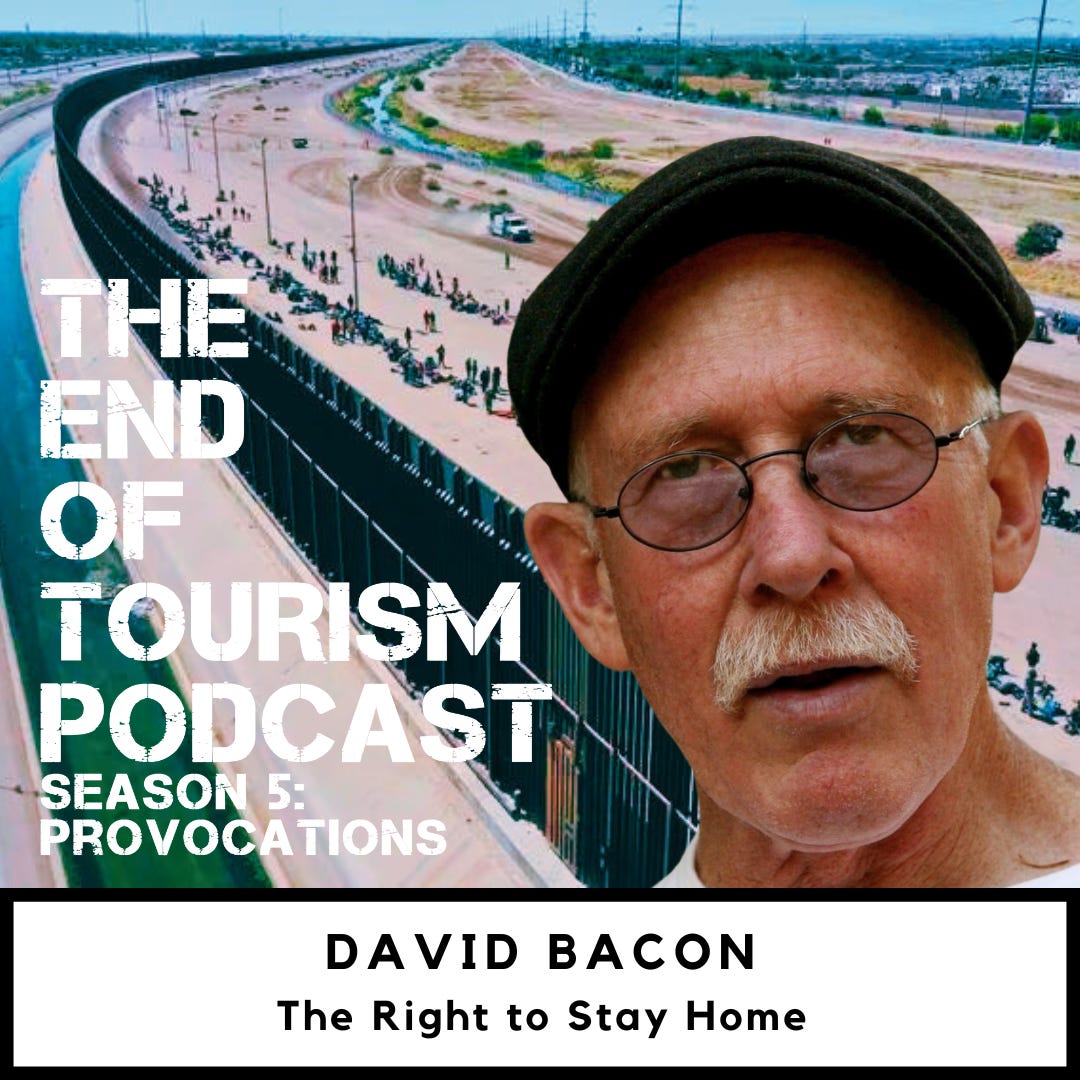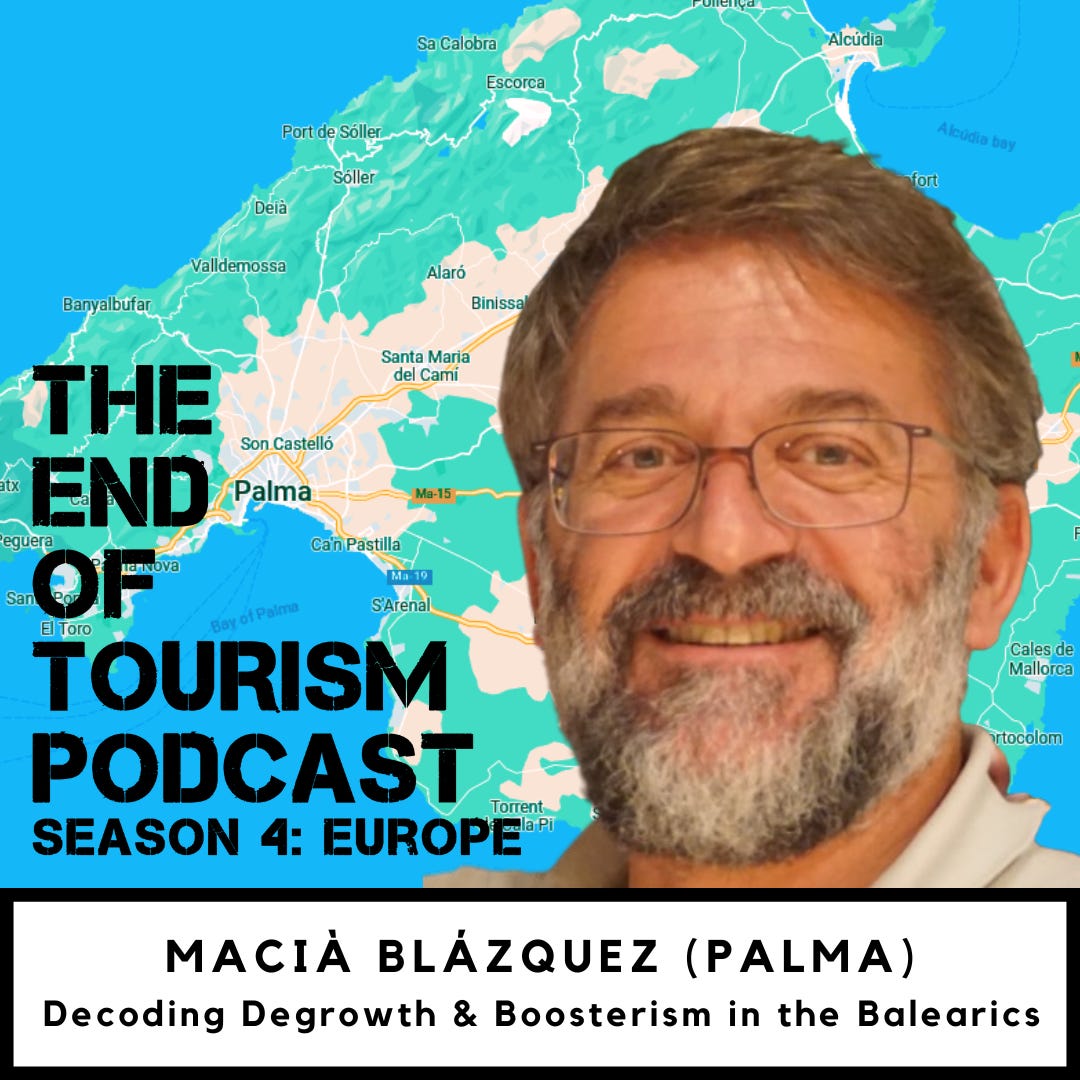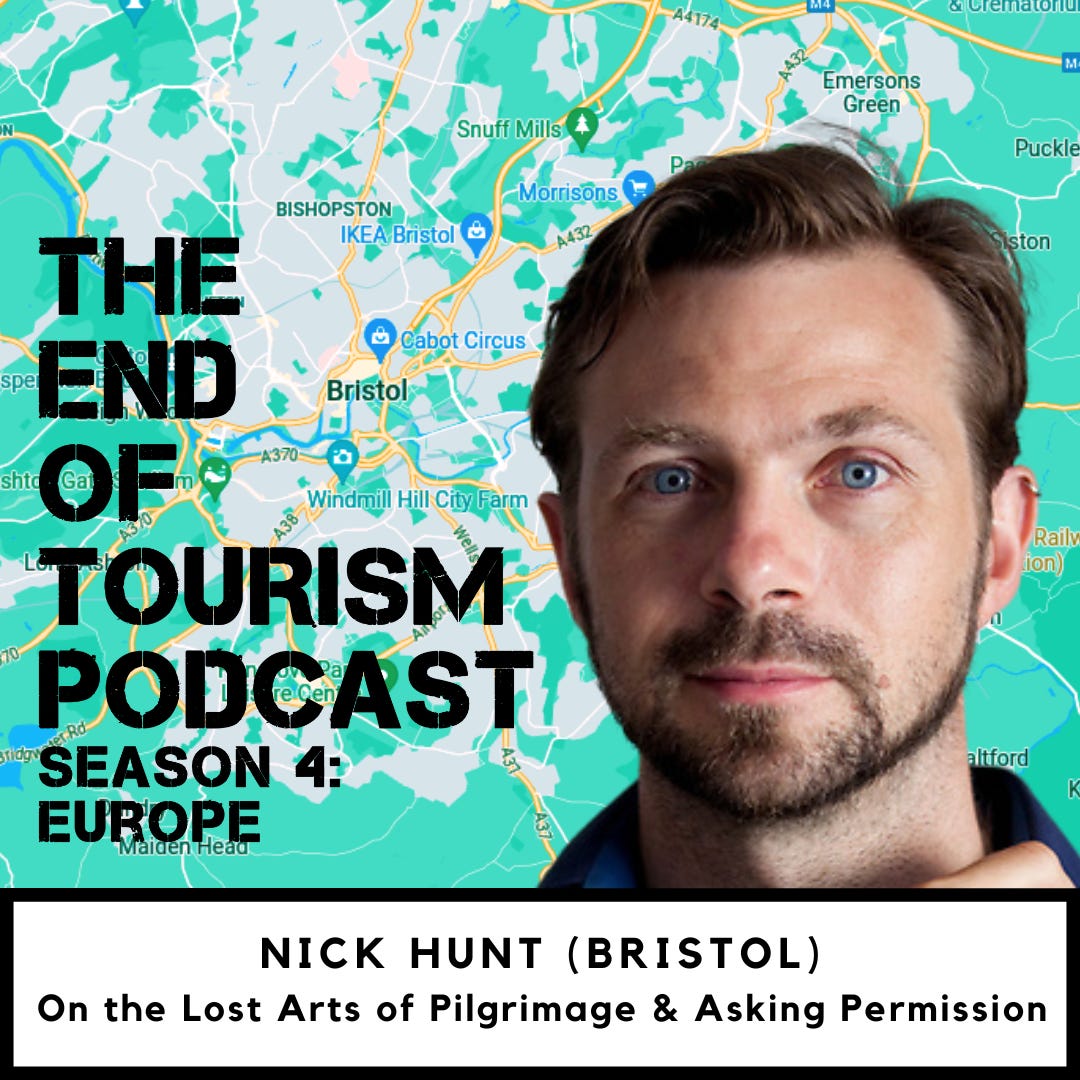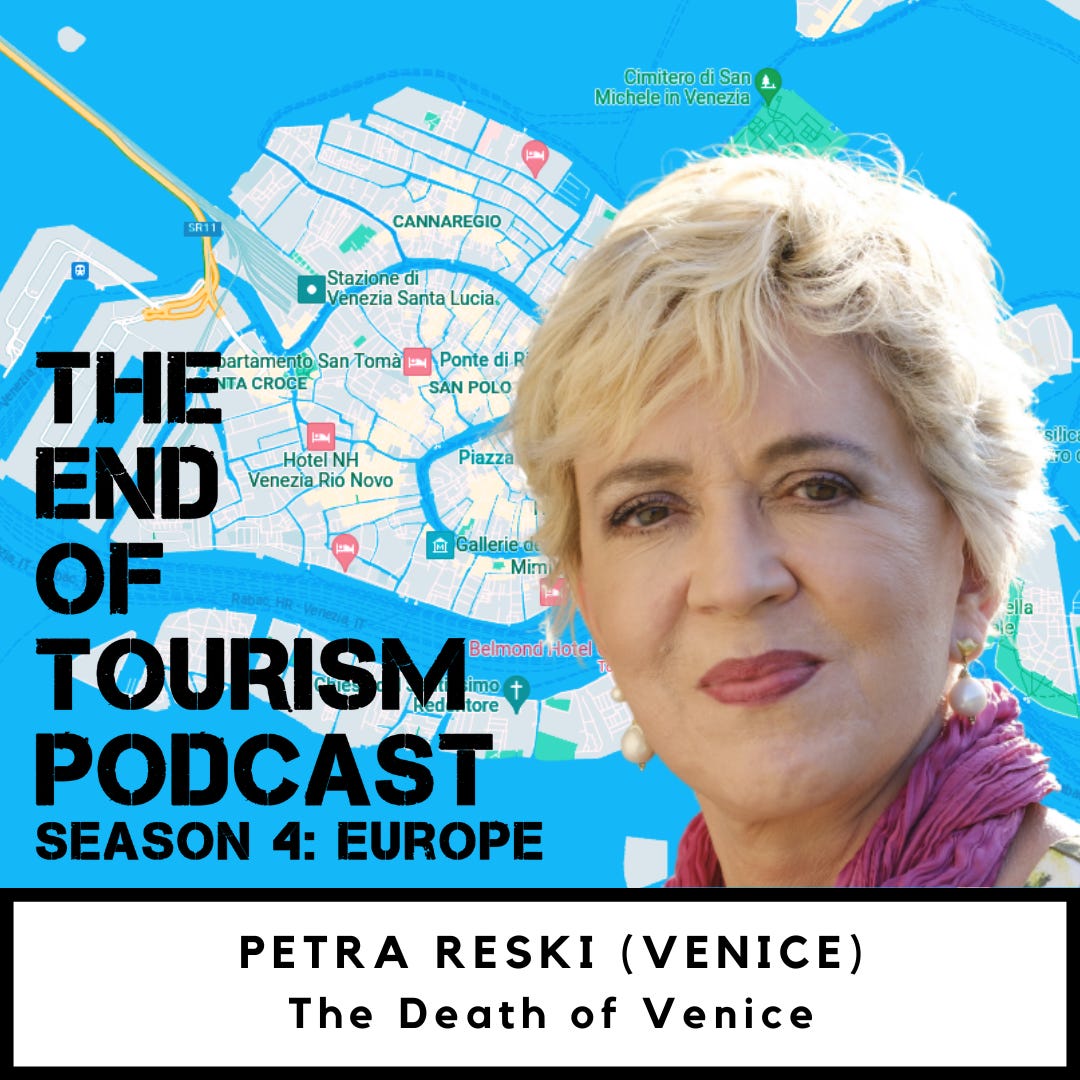S4 #5 | The Many Faces of Exile in Exarcheia w/ Penny Travlou (Athens)
Description
On this episode of the pod, my guest is Penny Travlou, a Senior Lecturer/Associate Professor in Cultural Geography and Theory (Edinburgh School of Architecture & Landscape Architecture, Edinburgh College of Art/University of Edinburgh). Her research focuses on social justice, the commons, collaborative practices, intangible cultural heritage and ethnography. She has been involved in international research projects funded by the EU and UK Research Councils.
For the past eight years, she has been working with independent art organisations in Colombia and most recently in the African continent to understand the commons from a decolonial perspective and to look at commoning practices within artistic forms while understanding the specificities of the commons rooted in various socio-cultural and geographical contexts. As an activist, she has been involved in a number of grassroots and self-organised initiatives on housing and refugees’ rights in Greece.
Show Notes
Greek Elections and the Rise of the Ultra-Right
Exarcheia and the Student Uprisings of 1974
An Olympic Tourism Plan for Athens
Mass Tourism Consumption in Exarcheia
Government Plans to Dismantle Local Social Movements
The Greek Golden Visa
AARG and Community Action Against Gentrification
Fortress Europe
When Will the Bubble Burst?
Advice for Tourists; Advice for Organizing
Homework
Penny Travlou University of Edinburgh Website
Transcript
[00:00:00 ] Chris: Good morning, Penny, from Oaxaca. How are you today?
[00:00:04 ] Penny: Very good. Good afternoon from Athens, Chris.
[00:00:07 ] Chris: So perhaps you could share with me and our listeners a little bit more about where you find yourself today in Athens and what life looks like for you there. You mentioned that you had local elections yesterday.
[00:00:19 ] Penny: Yes, I am located in the neighborhood of Exarcheia but towards the borders of it to a hill, Lycabettus Hill. And I am originally from Athens, from Greece, but I've been away for about 20 years, studying and then working in the UK and more specifically in Scotland.
So the last eight years, since 2015, I've been coming and going between the two places, which I consider both home. And yes, yesterday we had the elections for the government. So we basically got, again, reelected the conservatives, which are called New Democracy, which is a neoliberal party, but also government also with patriotic, let's say, crescendos and anti-immigration agenda.
And at the same time, we have first time, a majority in parliament of the, not even the central, but the right wing, in the Parliament. So it's 40%, this party and another three which are considered basically different forms of ultra- right. And one of them is a new conglomeration, from the previous, maybe, you know, or your audience Golden Dawn, which is a neo- Nazi party, which was basically banned and it's members went to us to prison as members of a gang, basically.
But now through, I don't want to go into much detail, managed to get a new party called the Spartans, which obviously you can think what that means, plus two more parties, smaller parties, which are inclined towards very fundamentally religiously and ethnic focus, meaning, you know, anti immigration.
And then it's the almost like the complete collapse of the radical left that is represented by Syriza. The Communist Party is always stable. You know, it's the fourth party. So anyway, we, it's a bit of a shock right now. I haven't spoken with comrades. Not that we are supporters of Syriza, but definitely change the picture of what we're doing as social movements and what it means to be part of a social movement right now.
So there will be lots of things happening for sure in the next four years with this new not government. The government is not new cause it's the current one, just being reelected, but the new situation in the Parliament.
[00:03:02 ] Chris: Hmm. Wow. Wow. Well, perhaps it's a moment like in so many places, to begin anew, organizing on the grassroots level.
You know, there's so many instances around the world and certainly in Southern Europe where we're constantly reminded of the context in which local governments and top-down decision makings simply no longer works.
And that we need to organize on a grassroots level. And so I'm really grateful that you've been willing to speak with us today and speak with us to some of these social movements that have arisen in Athens and Greece, in Exarcheia around the notions of immigration as well as tourism.
And so to begin, you mentioned that you've been traveling for the last half decade or so back and forth and I'd like to ask you first of all, what have your travels taught you about the world, taught you about how you find yourself in the world?
[00:04:02 ] Penny: Very good question. Thank so much for raising it because I won't say about my personal history, but my father was, actually passed away a couple of years ago, was a captain in the merchant Navy. So for me, the idea of travel is very much within my family. So, the idea of having a parent travel, receiving letters before emails from far away places was always kind of the almost like the imagination of the other places, but also reality.
So, when myself become an adult and moved to the UK specifically, to study and then work. This became my own work and my own life reality because I had dramatically to live between two places. So, it was almost this idea of not belonging and belonging. This concept from in both places, but also the specific type of research, because, I haven't mentioned that my day job is an academic. I am currently, equivalent in the United States will be associate professor in geography, but in the school of Architecture and Landscape Architecture. But the type of research I do request me to travel a lot. I'm looking on the idea of collaborative practices in emerging networks of artists, digital artists, specifically activists and trans-local migrants.
So what it means actually to connect and to collaborate and to share knowledge and co-produce knowledges. Actually knowledge travels. So everything in my life, in the last two decades is around this, let alone that my own PhD was about tourism. I was looking on tourist images and myths, myths in metaphorically speaking of representations of Athens before the Olympic Games of 2004.
So the journey and the travel and tourism is very much part of what I do in my day job, but also on other things I do personally. So what I learned through this is, first of all, maybe it's very common to say that without travel, knowledge doesn't travel.
So, how we basically do things and flourish and develop ideas is through the sharing and sharing travels very much. So, movement is totally important.
[00:06:37 ] Chris: I think that, for so many of us who have taken a critical eye and, and looked to the critical eyes around tourism and over tourism in the tourism industry, that there is this sense that things can be different and things must be different.
To find a way to look towards, as you said, some sense of collaboration, some sense of interculturality, some sense of working together so that our earthly movements can produce honorable connections and meetings as opposed to just this kind of flippant and flacid kind of turns style travel.
And so, I've invited you on the pod, in part, today, to speak about this neighborhood that you're in Exarcheia in Athens, in Greece. And you know, I imagine that many of our listeners have never heard of this, this neighborhood before, but many in Greece and many, many in Athens have, certainly. And I'm wondering if you could offer our listeners a little bit of background in regards to why Exarcheia is such a unique place and why it attracts so much attention politically in terms of social movements and also with tourists.
Mm-hmm.
[00:07:53 ] Penny: The history of Exarcheia is quite long in the sense with where it is in the very center of Athens. So if somebody basically get the Google map, you will see that the neighborhood is in walking distance from the Greek parliament. And Syntagma Square, which is another important square with regards to movements.
It became very known in later years in the 2010s due to not only riots demonstrations that happened in what we now call the square movement. It started from Spain, to put it this way, and then to Greece, as well, in Athens. So Exarcheia is very central, but also it was since, postwar, it was a bohemic neighborhood.
Lots of artists related to the left or at that point to communist party, et cetera, were living here, but also there were theaters, independent theaters, the printing houses. So we have a number still of Publishing houses that they are located in various parts of the Exarcheia neighborhood. So it has put its imprint into the Athenian urban history for quite a number of decades.
And when I say Communist party, the communist Party was not legal at the time, when we say postwar. But, we had people inclined towards the left, like intellectuals, et cetera.
Then with the dictatorship that happened in 1967-19 74, that's when first time really it gets, it's a real place in the political side of not only of the left, but also generally speaking of the political milieu and situation in Greece and abroad, and became very known due to the uprising, the student uprising against the dictatorship or otherwise, as we call it, junta in 1974, where

